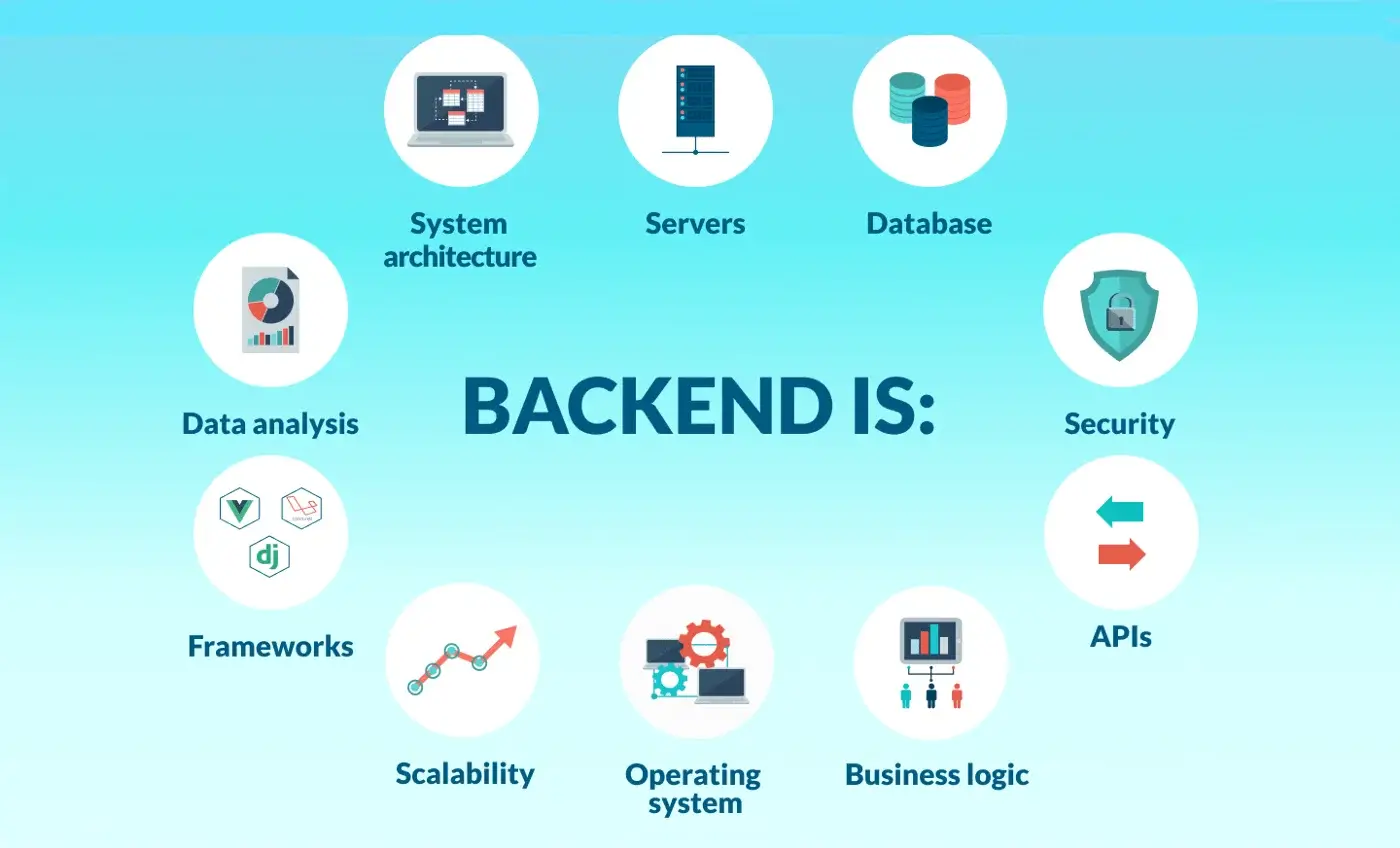Javascript
JavaScript and Node.js are playing increasingly crucial roles in the fields of web development and modern applications. Before delving into the details of Node.js, let's review the history, features, and recent applications of JavaScript.
2024-03-25 08:46:36
How to filter array of objects javascript by key
How to filter array of objects javascript by key. By leveraging the filter() method and a custom fil...
2024-01-17 21:31:06
Backend Engineering: The Cornerstone of Contemporary Software Development
Backend engineering stands as the bedrock of modern software applications, exerting a profound influ...
2024-01-15 15:47:11
Comprehensive Guide to TypeScript: Exploring Features and Benefits
TypeScript is an open-source programming language, an extension of JavaScript, created for developin...



